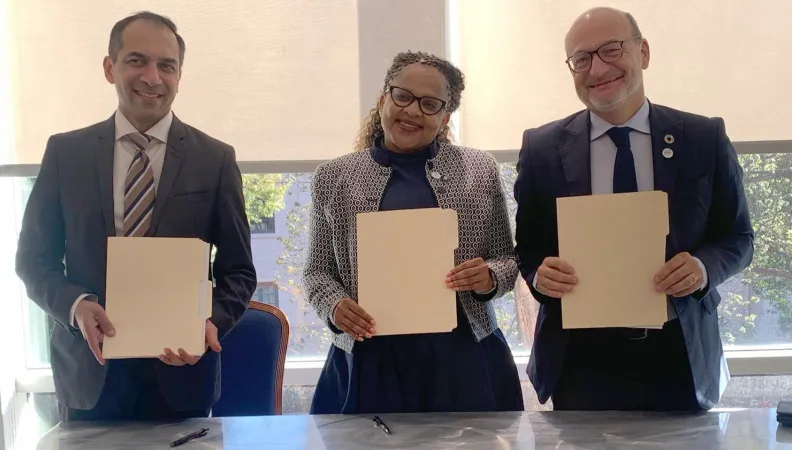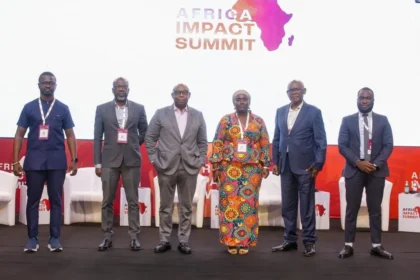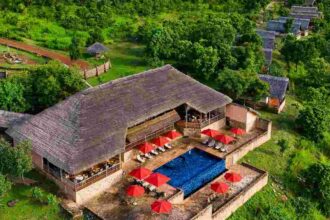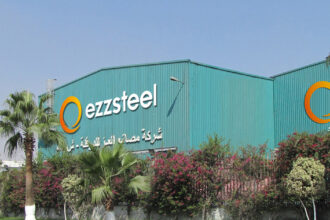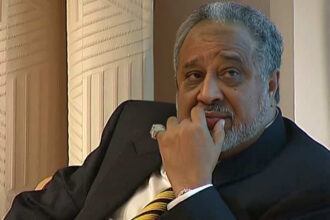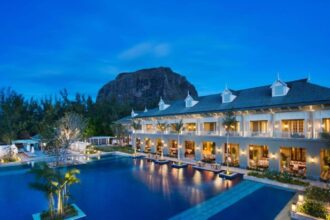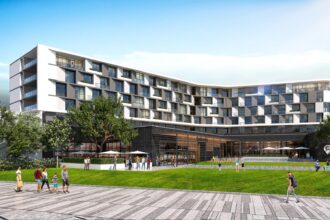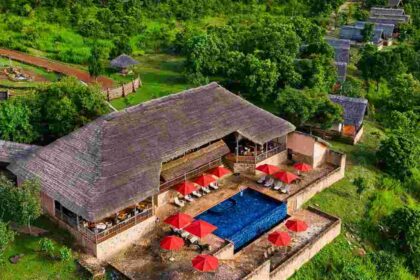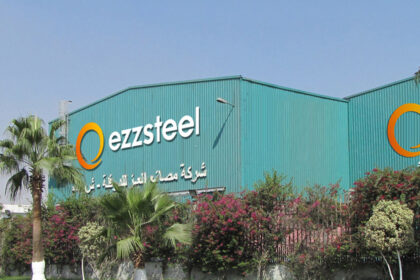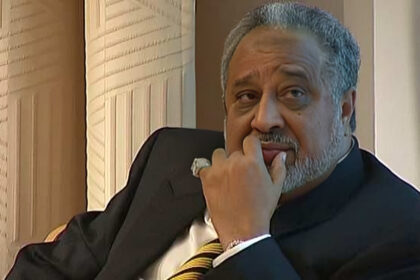At a Glance
- DBSA and AFD extend cooperation on renewable energy, biodiversity, and resilient infrastructure projects.
- The pact supports Africa’s just transition and private investment in climate and nature-positive growth.
- Over €526 million ($609.5 million) mobilized since 1994 to fund sustainable infrastructure and energy access.
The Development Bank of Southern Africa (DBSA) has renewed its long-standing partnership with France’s AFD Group (Agence française de développement) to advance Africa’s green finance, climate investments, and just transition through 2030.
The new pact, signed during the World Bank–IMF Annual Meetings, reaffirms more than two decades of cooperation and sets fresh priorities in renewable energy, biodiversity, and sustainable infrastructure.
The deal positions DBSA as a leading financier in Africa’s clean energy transition and AFD as a key European ally in climate action across the continent.
From green bonds to just transitions
Since 1994, DBSA and AFD have mobilized more than €526 million ($609.5 million), reaching over three million people through projects in energy access, social infrastructure, and resilience.
Among their achievements, DBSA’s €200 million ($232.23 million) green bond in 2021, fully subscribed by AFD, helped establish South Africa’s domestic green bond market and demonstrated how blended finance can work for emerging economies.
“This renewed partnership with the AFD Group is an important milestone in our shared commitment to sustainable development across Africa,” said DBSA CEO Boitumelo Mosako. “By aligning our resources around climate finance and nature-positive investment, we strengthen our responsibility to the communities we serve.” The new MoU outlines five priorities for the decade ahead:
- Supporting municipalities and provinces in sustainable service delivery
- Financing state-owned enterprises in transport and energy
- Deepening private sector development
- Advancing the Just Transition Financing Mechanism
- Investing in nature-positive infrastructure with measurable climate and biodiversity outcomes.
“AFD Group is proud to strengthen its long-standing collaboration with DBSA,” said Rémy Rioux, CEO of AFD. “We believe development finance should work as one system—public and private—focused on scale, innovation, and shared learning.”
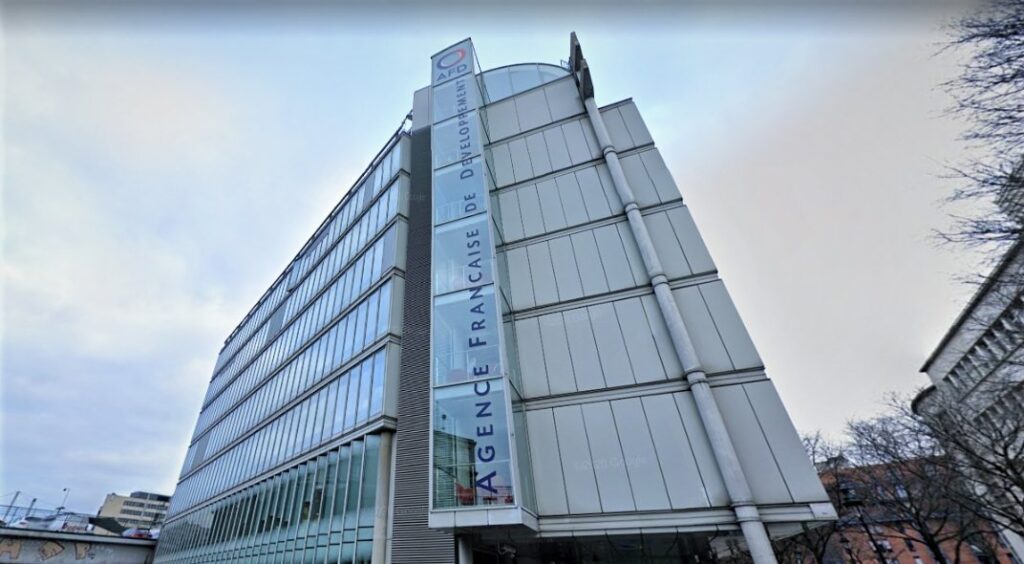
Green finance with a development focus
The next phase will emphasize financial instruments that attract private investors while maintaining development goals, including credit guarantees, climate insurance products, and outcome-based bonds.
Françoise Lombard, CEO of Proparco, said the goal is to link growth with inclusion. “Through this MoU, we are supporting renewable energy, social housing, and climate-resilient infrastructure. It’s about creating both impact and opportunity,” she said.
The MoU also covers technical cooperation, including integrating climate and nature-related risks into infrastructure planning and joint research on biodiversity finance, macroeconomic modeling, and public development bank regulation.
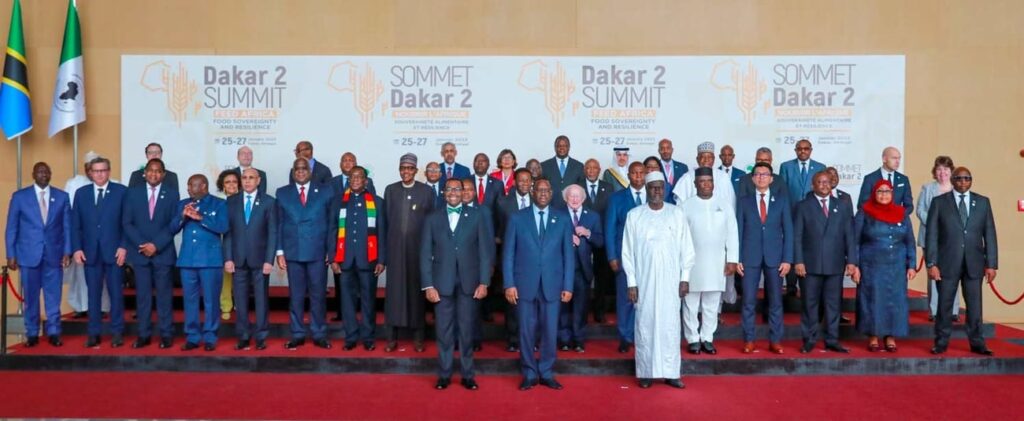
Aligning global and local green agendas
The alliance places DBSA, AFD, and Proparco within the Finance in Common System (FiCS), a global network of national development banks. DBSA will co-lead Africa’s participation in the Global Guarantee Platform, aimed at unlocking private finance for green infrastructure in emerging markets.
“This is about reshaping how capital flows,” said a senior DBSA official. “We are building tools that allow African institutions to lead in structuring climate finance.”
The pact also strengthens DBSA’s role in South Africa’s Just Energy Transition framework, supporting decarbonization in coal-dependent regions while investing in workforce training, community development, and new industries.
A continental vision built on collaboration
DBSA has grown from a regional lender into a pan-African financier with projects in renewable energy, water security, and smart infrastructure. The renewed alliance with AFD and Proparco reflects both continuity in climate goals and a broader focus on cross-border, sustainable growth.
“DBSA and AFD show that African institutions are shaping climate finance, not just following it,” said a sustainability expert at the African Climate Foundation.
Implementation and oversight
The MoU sets a governance framework with regular project reviews and annual high-level meetings. Each institution will maintain its own project pipeline but coordinate to ensure complementary outcomes.
“This joint approach reduces duplication, optimizes resources, and ensures green finance delivers real results for communities,” DBSA said.
A renewed purpose for a shared planet
For DBSA, AFD, and Proparco, the next decade is about more than numbers—it is about tangible results. From just transition projects to biodiversity-linked investments, the aim is measurable, inclusive, and practical sustainability.
“Our task is to turn climate ambition into bankable, people-centered action,” Mosako said. “The next generation of green projects in Africa must cut emissions, create jobs, restore ecosystems, and build fairer economies.”

